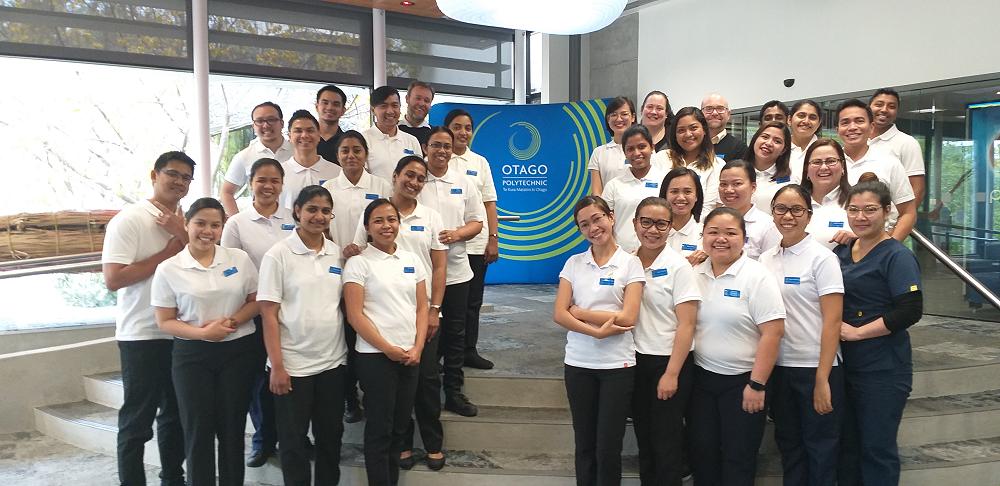
Migrating nurses
Support is critical for internationally qualified nurses to successfully transition to practice in New Zealand.
Nursing is in a state of
crisis at the moment and without our international colleagues, our health
system (and aged residential care system) would collapse. In New Zealand, 30% of the registered nurse workforce is made up internationally qualified nurses (IQNs) – nurses who received their initial professional education outside of New Zealand. To be registered to practice in New Zealand, these migrant nurses must complete a Competence Assessment Programme (CAP).
Understanding and meeting the needs of IQNs is critical, to continue to attract them to New Zealand, against increasing international competition, and to successfully introduce them to life and work in New Zealand. To this end, Geoffrey Harvey undertook to give voice to the international nurses who undergo the competence assessment process. Geoffrey, a Senior Lecturer in Nursing, surveyed newly arrived international nurses who were in the first week of their CAP at Otago Polytechnic School of Nursing, 10 from the Philippines and 12 from India. Geoffrey also interviewed 10 IQNs who had been practising in New Zealand for several years, five nurses from the Philippines, four from India and one from Nepal.
From his findings, Geoffrey developed the Prism Model of Migrant Nurse Needs. Meeting migrant nurses' physiological, safety, belonging and esteem needs, will have a wide spectrum of positive outcomes: cultural integration, competent nursing care, and professional fulfilment. Geoffrey's recommendations include:
- Revise current CAP curriculum content, strengthening areas highlighted by participants, such as cultural awareness, direction and delegation, de-escalation and conflict management;
- Strengthen contemporary Māori and Pasifika content;
- Incorporate more small group work into the course, providing opportunities to develop communication confidence in New Zealand English;
- Introduce the Prism Model of Migrant Nurse Needs to the Preceptor Course, Te Whatu Ora: Southern; and
- Pioneer an International Nurse Entry to Practice programme.
Geoffrey's research will inform the Otago Polytechnic Competence Assessment Programme and the Registered Nurse (RN) Preceptor Course, where practising nurses learn how to precept international nurses. It will also inform programme unification in Te Pūkenga - New Zealand Institute of Skills and Technology, and submissions to the Nursing Council of New Zealand in a programme review process.
